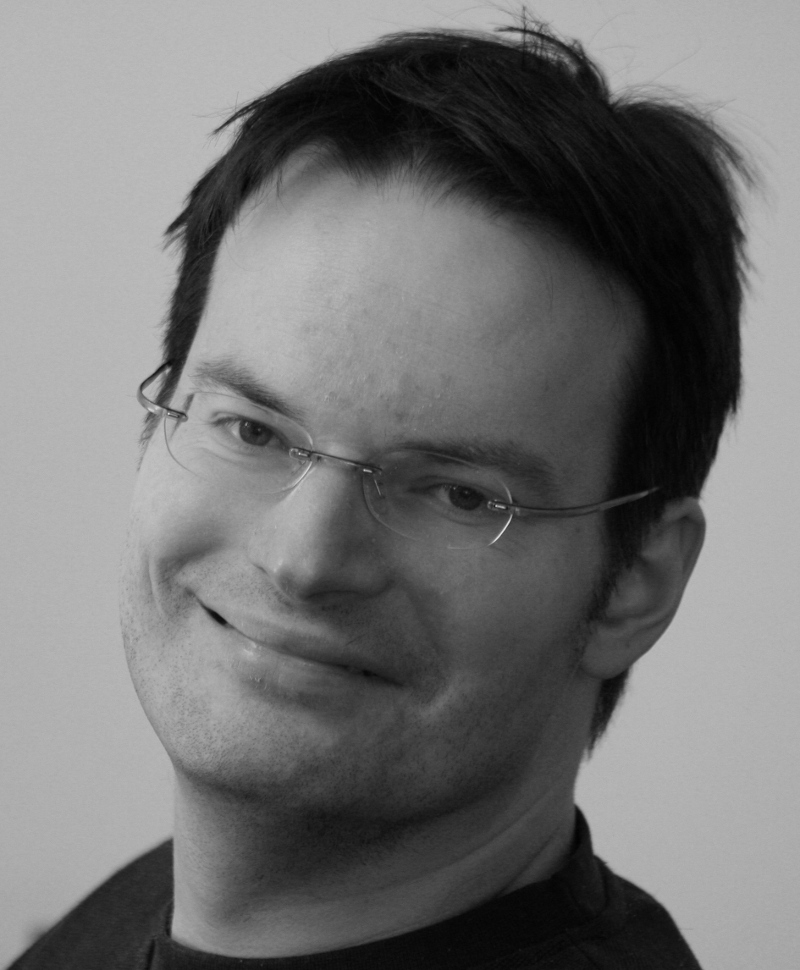T1: Haskell (Day 1)
- Andres Löh Well-Typed LLP
Abstract
Pure functional programming is about programming with expressions rather than actions, data rather than control. Many programs are more naturally expressed in this way, and functional programs are often an order of magnitude shorter than equivalent imperative programs - just as programs in traditional high-level languages like C and Java are typically much shorter and clearer than their equivalents in assembly language. Many exciting ideas in mainstream programming arose first in FP, including garbage collection, generics, closures, and list comprehensions. FP is a fertile laboratory for language innovation, and familiarity with FP is good preparation for future developments in programming. In particular, multicore chips and cloud computing architectures are forcing us all into dealing with concurrency, and there is good evidence that the breakthroughs here will come from FP, with its emphasis on immutability and independence of evaluation order.
Important Note
This is a two-day tutorial. When you register for this tutorial, you register for both days. You are welcome to look around other events on these days, but you will have to skip part of the tutorial to do so.
This two-day tutorial introduces the essentials of Haskell, a pure lazy functional language with a mature compiler, a wealth of libraries, and an active community. We will focus particularly on concurrent programming - handling multiple interactions at the same time - which is increasingly important in a wide range of applications today, from GUI programming to server-side web development. There will be a balance between lectures and exercises, so that you will be exposed to both the theory and the practice of FP. Day 1 will focus on the basics of FP with Haskell, introducing the concepts necessary to get you writing simple programs, including an introduction to monads. On Day 2 you will get a little taste of the joys of concurrent programming in Haskell. By the end, you will be writing some simple (but real!) Concurrent Haskell programs. We will also cover some of the practical aspects of day-to-day programming in Haskell, such as working with third-party libraries.
Preparations
You don't need to install or setup Haskell on your machine to follow the CUFP Haskell Tutorials. Instead, you can use the just released FP Haskell Center by FP Complete. To do so, go to this page and click the "Free Trial" link to sign up for a time-limited trial account that provides you with full access to the system. Once you've done that, you have a Haskell IDE and compiler that you can use from within your browser. You will be able to use the Haskell packages needed during the course without further setup, and we will provide you with access to the course materials at the beginning of the CUFP tutorials.
Note that university students, faculty and staff can also sign up for a 1-year academic license via this page.
If you prefer to install and use Haskell on your own machine, this is of course possible. In this case, you should install the latest Haskell Platform (2013.2.0.0, based on GHC 7.6.3). Go to this page and follow the instructions for your platform. In addition, you should have a good programmer-friendly text editor of your choice installed. You'll need some additional Haskell libraries, but they can easily be installed on-the-fly during the course.
Andres Löh
 Andres Löh is a Partner at Well-Typed LLP, a consulting company
specialized on Haskell. He has been using Haskell in both academia and
industry for more than 15 years. His main interests are making use of
the strength of Haskell's type system, improving code reuse by
datatype-generic programming, designing embedded domain-specific
languages, exploiting potential for parallelism, and applying
functional programming techniques to real-life problems. He has
created and contributed to various Haskell libraries and tools that
are available on Hackage. Andres is the main author of Well-Typed's
introductory and advanced Haskell courses, and is teaching Haskell to
commercial clients on a regular basis.
Andres Löh is a Partner at Well-Typed LLP, a consulting company
specialized on Haskell. He has been using Haskell in both academia and
industry for more than 15 years. His main interests are making use of
the strength of Haskell's type system, improving code reuse by
datatype-generic programming, designing embedded domain-specific
languages, exploiting potential for parallelism, and applying
functional programming techniques to real-life problems. He has
created and contributed to various Haskell libraries and tools that
are available on Hackage. Andres is the main author of Well-Typed's
introductory and advanced Haskell courses, and is teaching Haskell to
commercial clients on a regular basis.